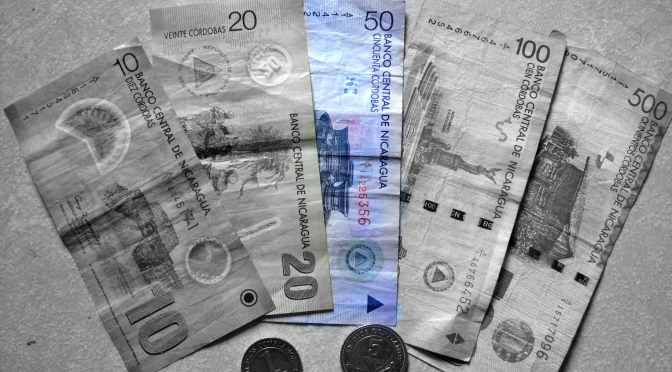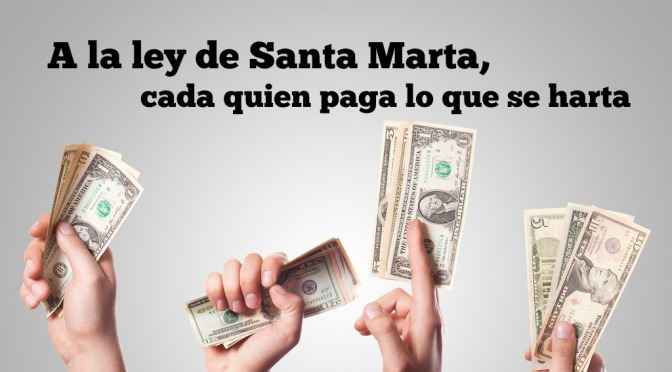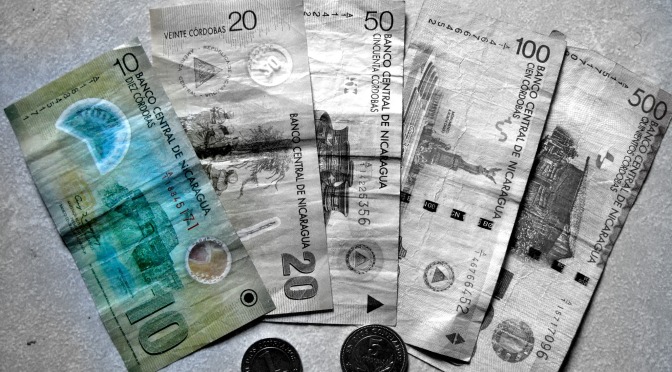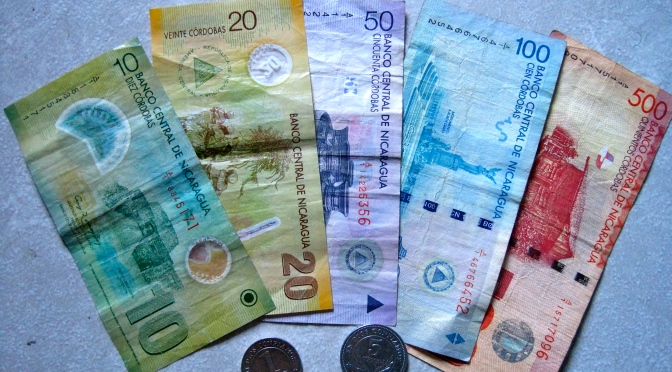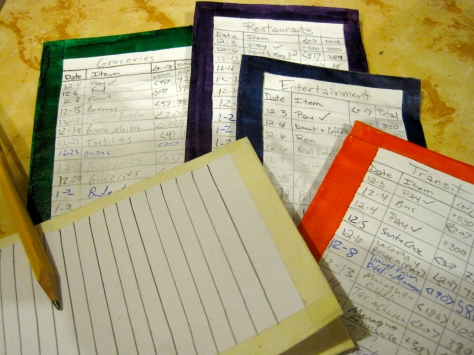The new group of Peace Corps Trainees arrived this week, crazy! Welcome Nica 68! It seems like a few months ago (and a lifetime ago) that we were just starting our Peace Corps experience. Over the next three months, but especially during the next couple weeks, they’ll be getting a crash course on Nicaraguan culture and ways to avoid faux pas. Hopefully, this dicho can help a bit:
A la ley de Santa Marta, cada quien pago lo que se harta – By the law of Saint Martha, everyone pays for what they stuff themselves with.
Without context, you may not see why this phrase is important. However, consider that during training we receive about $10 a week. Our meals and lodging are paid directly by Peace Corps, but $10 is all we get for snacks, transport, etc. We’re also trying to integrate and get to know our host family and community members, so could very likely invite a new Nica friend to do something with us around town. But beware! In Nicaragua, the Spanish verb invitar suggests that you will cover all the expenses of the invitee. Try to clarify and say “Vamos a la ley de Santa Marta.”
Turns out the connotations of invitar aren’t just unique to Nicaragua. During our trip to Guatemala, I learned they have a similar expression: a la ley de Jesús Cristo, cada quien con su pisto – by the law of Jesus Christ, everyone uses their own money.
Transparency is always the best policy in these situations, because, as they say, cuentas claras conservan amistades – settled accounts maintain friendships.


